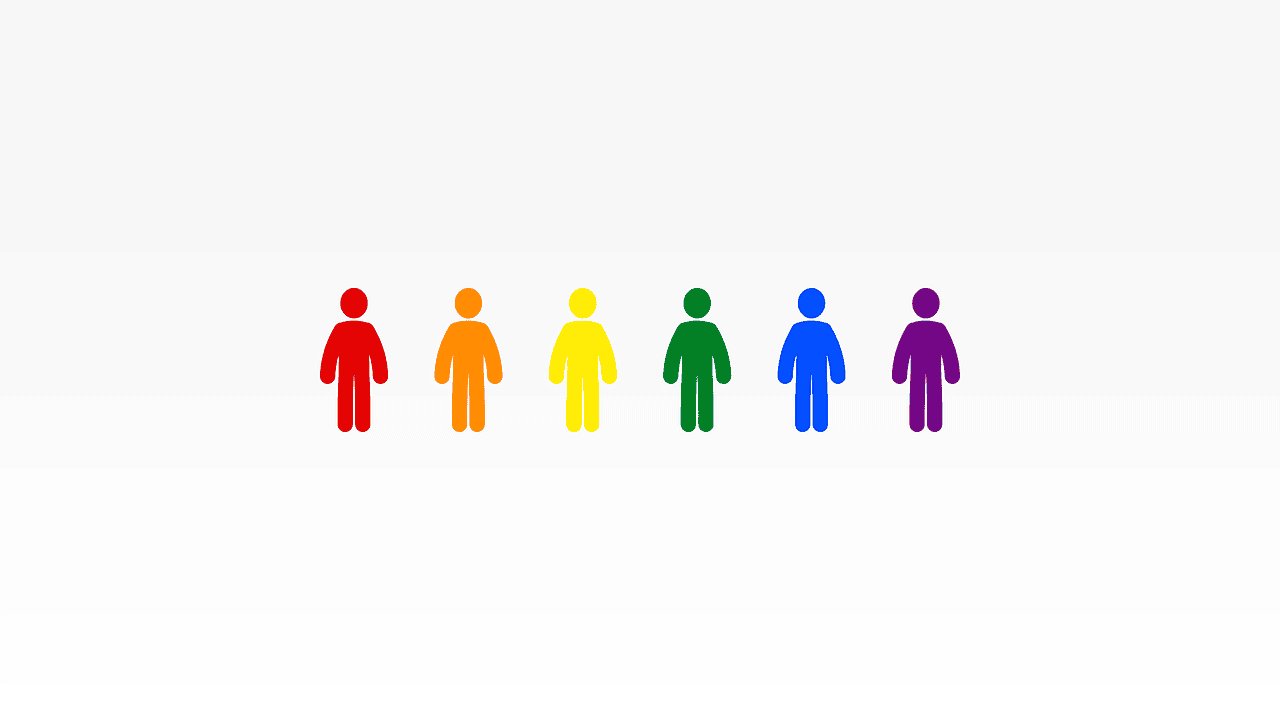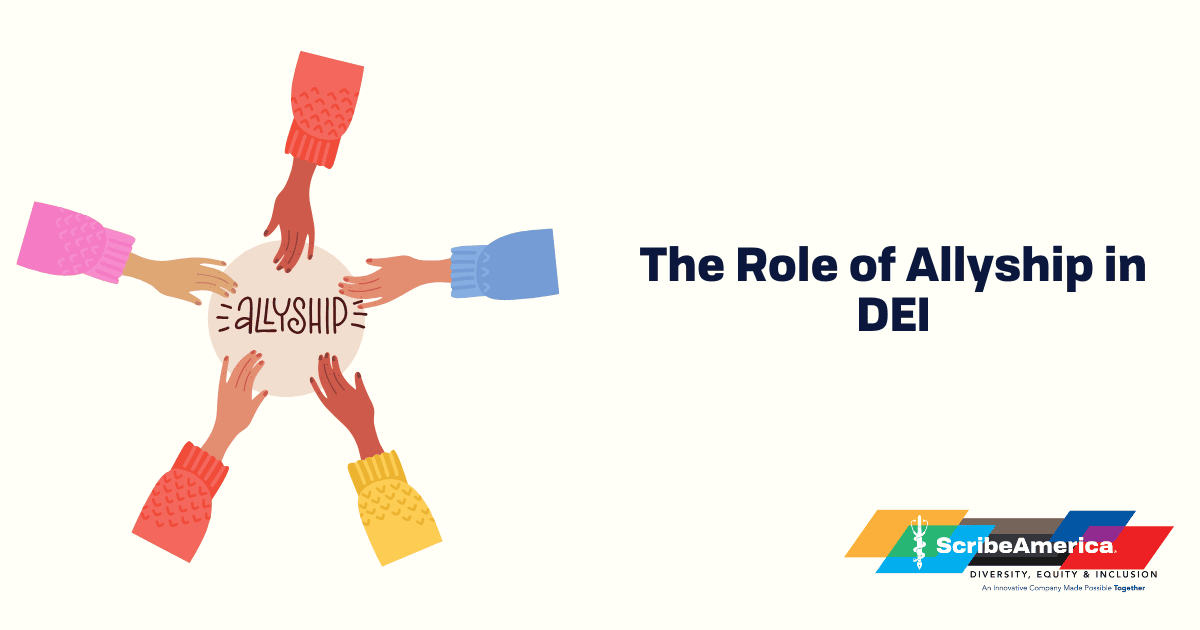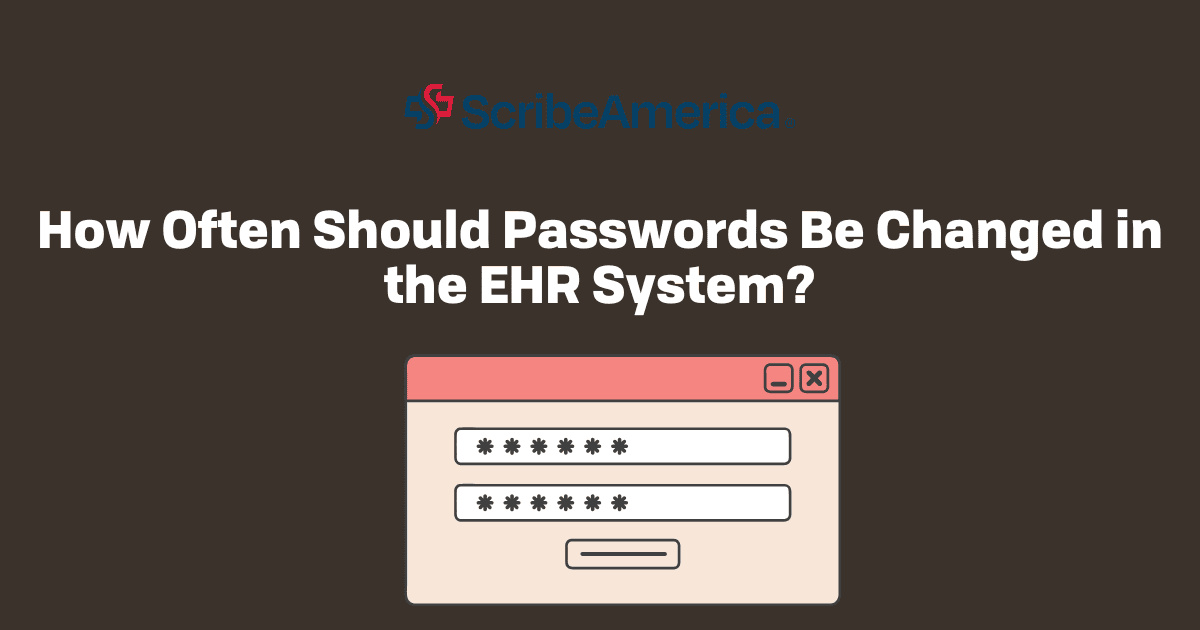When you hear “Diversity, Equity, and Inclusion”, our minds often jump straight to company policies, HR training sessions, or that super inspiring TED talk we half-watched during lunch. But here’s the thing: DEI isn’t just some corporate buzzword or a checkbox to tick off. It’s a living, breathing, culture shift. At the heart of that shift? Allyship!
What is Allyship? Definition
Allyship is the practice of advocating for and supporting marginalized groups, even if you don’t belong to those groups yourself. It's about using your power and privilege – yes, we all have some – to support and uplift those who face systemic barriers. But, it’s not about swooping in like a superhero and saving the day. Nope. It’s about listening, learning, and standing beside others not in front of them.
Why is Allyship the perfect partner for DEI?
DEI initiatives can’t thrive in a vacuum. You could have the best policies or hiring practices, but without people actively practicing allyship, those efforts will fall flat. Marginalized groups face systemic barriers that limit their opportunities and access to resources. Allyship plays a critical role in challenging these barriers and here is how:
- Safe Space: When allies speak up against bias discrimination, it signals to marginalized groups that they are seen, heard and supported.
- Amplification: Allies often have access to spaces where marginalized voices might not reach. It spreads awareness and amplifies important conversations. Allyship isn’t passive, it’s active!
- Real Change: Allies use their privilege to open doors for others and influence from within, creating a culture of inclusion. Policies and procedures are great, but real change happens when you take responsibility. Allyship is also a personal investment.

How do you become an Ally?
Being an Ally isn't about having all the answers or being a hero. Allyship is not optional - it’s essential. We all have a role to play and we need to show up, even when it’s uncomfortable. Here are some ways you can start being an ally:
- Listen and Learn: Seriously, it’s that simple. Allyship begins with humility. Take the time to listen to the experience and perspective of others of marginalized groups. Seek opportunities to learn more and take the time to educate yourself about the challenges they face. Google is your best friend! It’s your job to seek out knowledge.
- Amplify Marginalized Voices: Use your privilege and your voice to elevate those who are often overlooked in a way to drive positive and healthy change. Amplification ensures that these voices are heard and valued.
- A Call to Action: Speak up! Silence can be just as harmful as the wrong words. This might mean challenging a biased comment in a conversation, or highlighting someone's work who is being ignored. It doesn’t need to be confrontational. Sometimes a simple, “hey, that’s not cool,” goes a long way.
- Reflect and Grow: You are going to mess up. We all do. Allyship is a journey, not a destination. Be open to criticism and be willing to adjust your approach. Accept feedback gracefully. Growth requires self-awareness and a commitment to continuous improvement!
Allyship at ScribeAmerica
Allyship in the workplace can be a game changer. It transforms our company from being just a place where people work, into a community where everyone feels valued and respected. Here at ScribeAmerica, we seek to ensure every employee feels welcomed, understood and most importantly, celebrated within our organization. We take action by providing mentorship, challenging hidden biases, offering supportive networks, building bridges, fostering innovation and creativity, and developing inclusive leadership. ScribeAmerica is committed to creating an environment where everyone has what they need to succeed with the goal to build a sense of community and belonging.
Should you become an Ally?
Yes, you should! For diversity equity and inclusion in healthcare (and not only) efforts to truly succeed, they require more than policies and initiatives, they require Allyship. Without Allyship, DEI efforts risk becoming performative or superficial. True progress requires collective action and allies are vital to that equation. We should all make a commitment to creating an equitable space for everyone. Allyship is not about perfection; it’s about persistence. Challenge the status quo!





